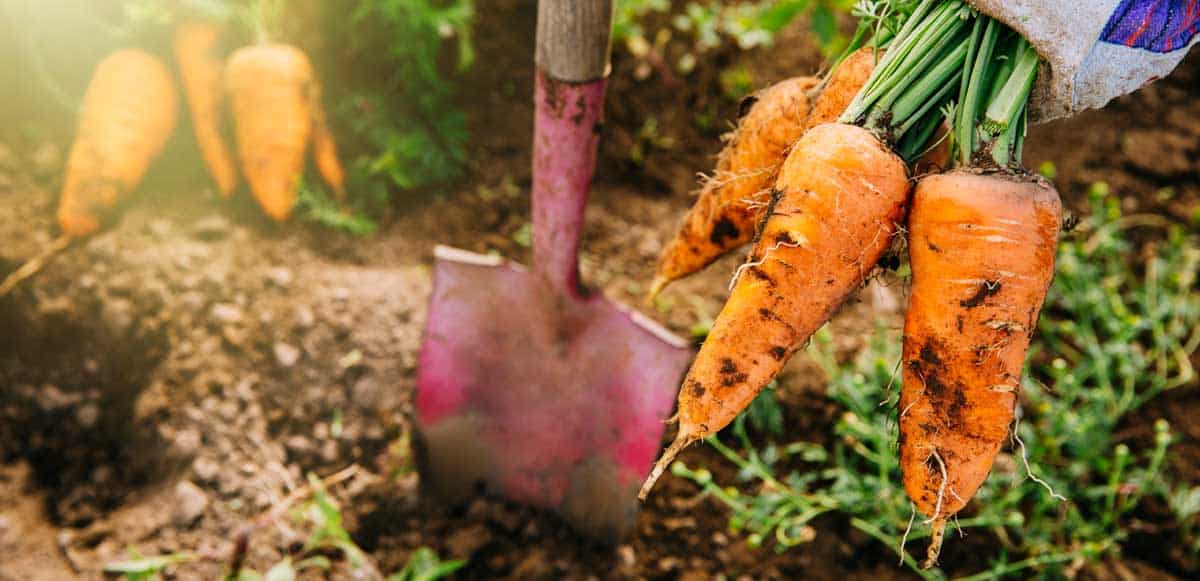
Choosing Non-GMO


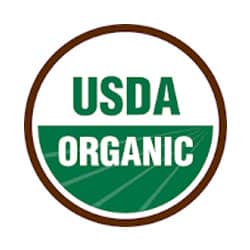 Choose Organic
Choose Organic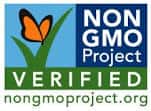 Look for the Butterfly
Look for the Butterfly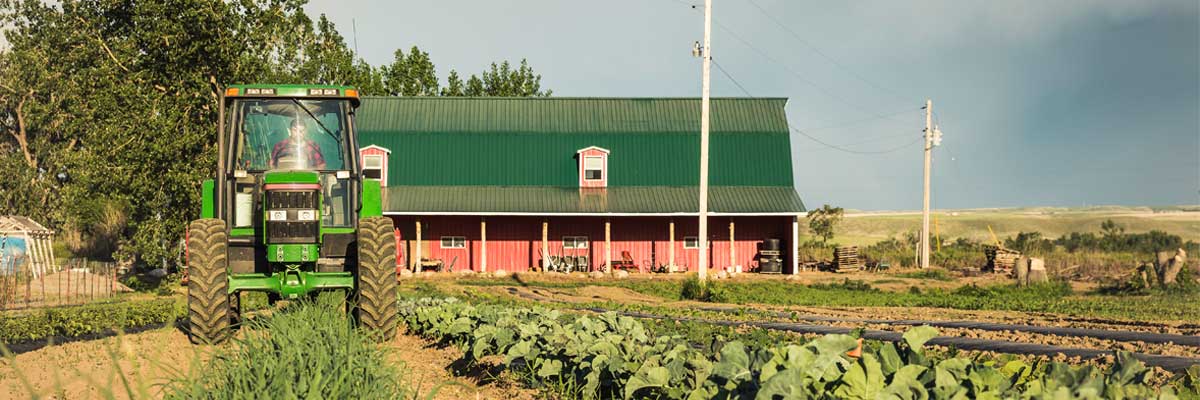 Whether you regularly shop organic, or looking to learn more, this article will shed some light on a variety of common and not-so-common logos you see on products you purchase at Sprouts. A product is deemed organic if it is free of synthetic additives including pesticides, chemical fertilizers and dyes. The USDA Organic logo has been in use for nearly two decades, but other logos are new and emerging. It’s an exciting time in the organic field!
Whether you regularly shop organic, or looking to learn more, this article will shed some light on a variety of common and not-so-common logos you see on products you purchase at Sprouts. A product is deemed organic if it is free of synthetic additives including pesticides, chemical fertilizers and dyes. The USDA Organic logo has been in use for nearly two decades, but other logos are new and emerging. It’s an exciting time in the organic field!
 What is USDA Organic?
What is USDA Organic? Transitional Organic Certified by QAI
Transitional Organic Certified by QAI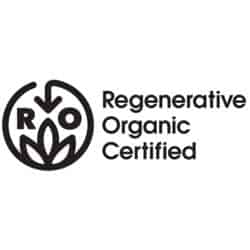 ROC Regenerative Organic Certification
ROC Regenerative Organic Certification


Recycling is what happens when you put things in the recycle bin at home or work. These items (paper, aluminum cans, plastic bottles, etc.) are broken down and recycled into other similar-type products. Upcycling though, is taking something you might put in the recycle bin and turning it into something different—that generally is of greater value than the original object. These DIY upcycled terrariums definitely add value!
 With the exception of infant formula, if the date passes during home storage, a product should still be safe and wholesome if handled properly until the time spoilage is obvious. Spoiled foods will develop an off odor, flavor or texture due to naturally occurring spoilage bacteria.
Spoilage bacteria cause foods to develop unpleasant characteristics, but do not cause illness. A change in the color of meat or poultry is not actually an indicator of spoilage.
Some state egg laws may require a “Sell-By” or “Expiration” date, but it is not a federal regulation.
Cans must exhibit a code or the date of canning, which is mainly used as a way to track the product. These codes are not meant for the consumer to interpret as a “Best if Used By” date. Cans that are dented, rusted or swollen should be discarded.
In an effort to reduce food waste, put your newer items in the back of your refrigerator or pantry. That way, older items will be front and center and you’ll be more likely to use them before they go bad. It’s important that consumers understand that food products are usually safe to consume past the date on the label. Evaluate the quality of your food products prior to eating, and discard if there are noticeable changes in wholesomeness.
NOTE: Do not buy or use baby formula after its “Use-By” date.
To learn more, check out Food Safety and Inspection Service’s information on food product dates.
With the exception of infant formula, if the date passes during home storage, a product should still be safe and wholesome if handled properly until the time spoilage is obvious. Spoiled foods will develop an off odor, flavor or texture due to naturally occurring spoilage bacteria.
Spoilage bacteria cause foods to develop unpleasant characteristics, but do not cause illness. A change in the color of meat or poultry is not actually an indicator of spoilage.
Some state egg laws may require a “Sell-By” or “Expiration” date, but it is not a federal regulation.
Cans must exhibit a code or the date of canning, which is mainly used as a way to track the product. These codes are not meant for the consumer to interpret as a “Best if Used By” date. Cans that are dented, rusted or swollen should be discarded.
In an effort to reduce food waste, put your newer items in the back of your refrigerator or pantry. That way, older items will be front and center and you’ll be more likely to use them before they go bad. It’s important that consumers understand that food products are usually safe to consume past the date on the label. Evaluate the quality of your food products prior to eating, and discard if there are noticeable changes in wholesomeness.
NOTE: Do not buy or use baby formula after its “Use-By” date.
To learn more, check out Food Safety and Inspection Service’s information on food product dates. 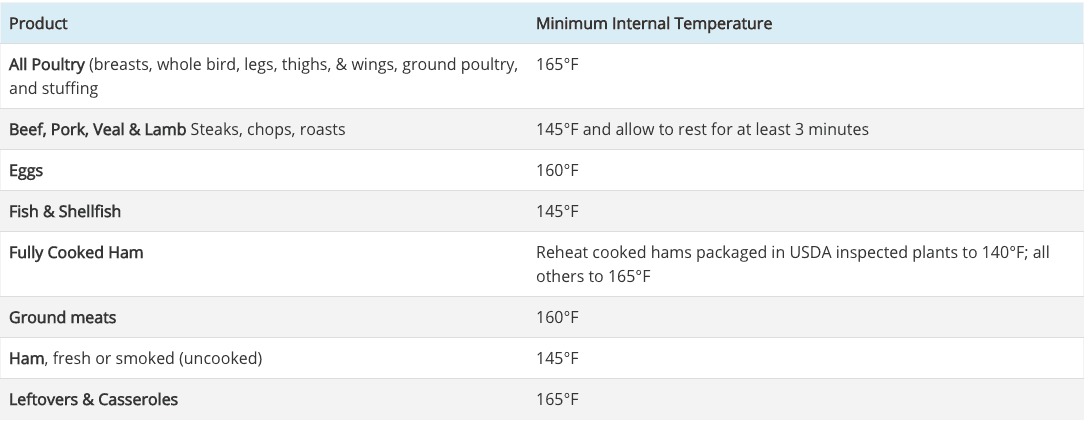
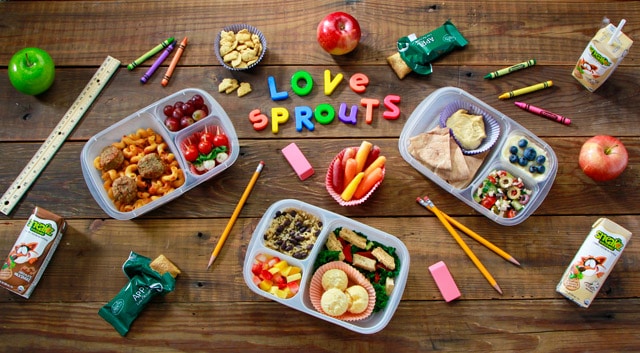 Many of us rely on leftovers to get though our busy week! Use the tips below to safely handle leftovers and protect your family from foodborne illness.
Many of us rely on leftovers to get though our busy week! Use the tips below to safely handle leftovers and protect your family from foodborne illness.
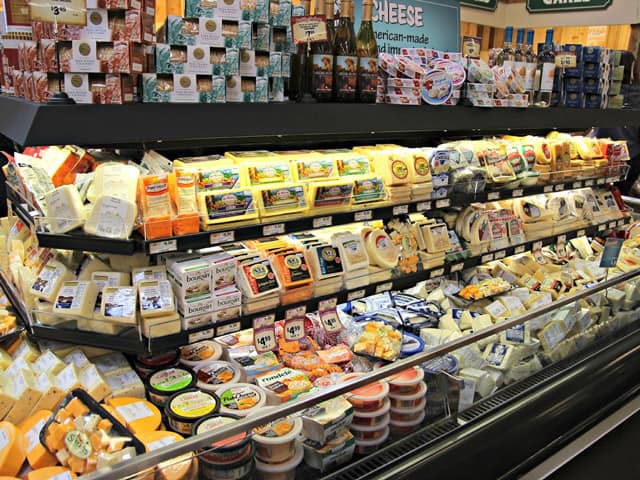 Here are some tips to remember when getting your groceries from the store to your refrigerator at home:
Here are some tips to remember when getting your groceries from the store to your refrigerator at home:
 These four simple steps will keep your kitchen healthy!
1. Clean: Clean kitchen surfaces, utensils and hands with soap and water while preparing food.
2. Separate: Separate raw meats from vegetables and other ready-to-eat foods by using different cutting boards to avoid cross contamination.
3. Cook: Cook foods to the right temperature by using a food thermometer. This is the most efficient way to make sure your food has reached a safe temperature.
4. Chill: Chill raw and prepared foods promptly if you don’t plan to consume them right after cooking.
We encourage you to also take a look at some additional tips on how to keep your food safe and your family healthy.
These four simple steps will keep your kitchen healthy!
1. Clean: Clean kitchen surfaces, utensils and hands with soap and water while preparing food.
2. Separate: Separate raw meats from vegetables and other ready-to-eat foods by using different cutting boards to avoid cross contamination.
3. Cook: Cook foods to the right temperature by using a food thermometer. This is the most efficient way to make sure your food has reached a safe temperature.
4. Chill: Chill raw and prepared foods promptly if you don’t plan to consume them right after cooking.
We encourage you to also take a look at some additional tips on how to keep your food safe and your family healthy.